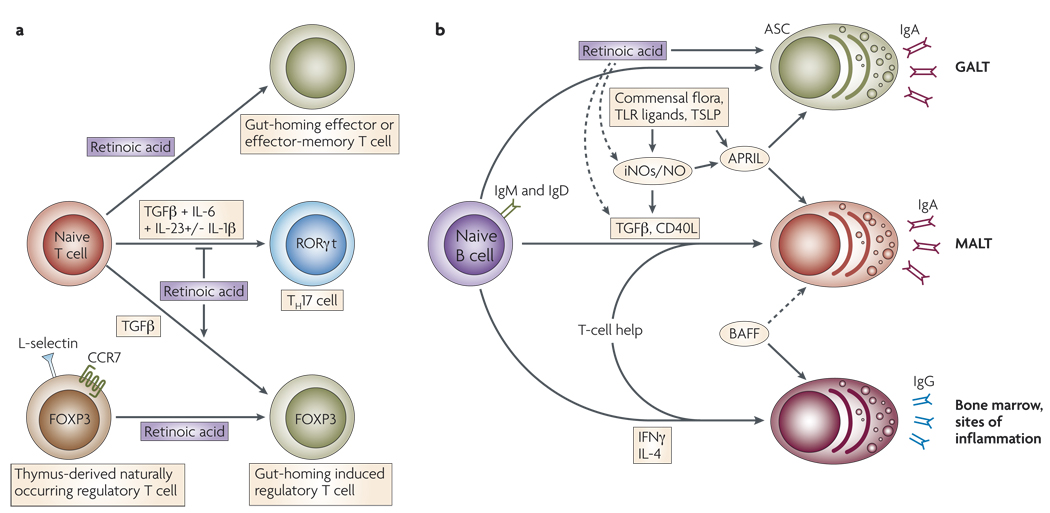Figure 3. Effects of vitamin A metabolites on gut mucosal immunity.
a | In addition to upregulating the expression of gut-homing receptors, retinoic acid has also been reported to promote T-helper-2 (TH2)-cell differentiation. Moreover, retinoic acid blocks the differentiation of T helper 17 (TH17) cells and induces forkhead box protein 3 (FOXP3)+regulatory T (TReg) cells in the presence of transforming growth factor-β (TGFβ) by reciprocally downregulating receptor-related orphan receptor-γt (RORγt) and inducing FOXP3 expression in T cells, respectively. Retinoic acid also enhances the TGFβ-driven induction of TReg cells and induces gut-homing receptor expression in both naturally occurring and induced TReg cells. TH17-cell differentiation requires TGFβ, interleukin-6 (IL-6), IL-23 and, in humans, IL-1β. b | B cells activated in non-mucosal lymphoid tissues, such as peripheral lymph nodes and spleen, mostly become IgG+ antibody-secreting cells (ASCs) and home to the bone marrow and sites of inflammation. By contrast, B cells activated in mucosal-associated lymphoid tissues (MALT) give rise to IgA+ ASCs. In MALT (including the gut-associated lymphoid tissue; GALT), TGFβ and CD40 ligand (CD40L) are essential for the generation of T-cell-dependent IgA responses, whereas BAFF (B-cell-activating factor) and APRIL (a proliferation-inducing ligand) are important for T-cell-independent IgA responses. APRIL is induced by Toll-like receptor (TLR) signals, commensal flora and thymic stromal lymphopoietin (TSLP). Inducible nitric oxide synthase (iNOS), which is also upregulated by TLR signals and commensal flora, produces nitric oxide (NO), allows proper TGFβ signalling and induces the production of APRIL and BAFF by dendritic cells. Thus, iNOS and NO are essential for both T-cell-dependent and -independent IgA responses. In the GALT, retinoic acid might contribute directly to the differentiation of T-cell-independent (and probably also T-cell-dependent) IgA+ ASCs. In addition, retinoic acid might contribute indirectly to T-cell-dependent and -independent IgA responses by inducing iNOS expression.

